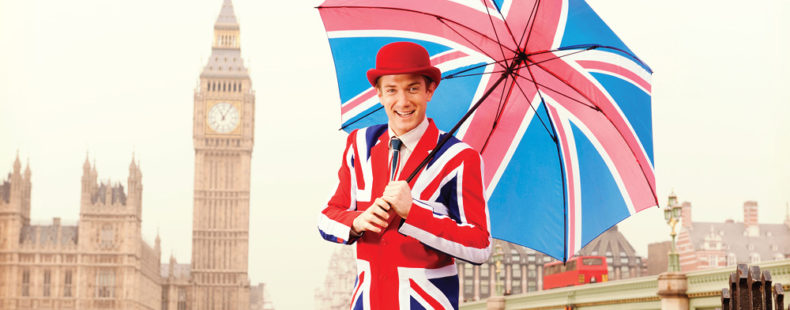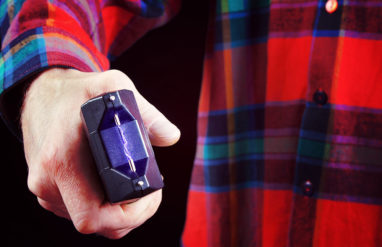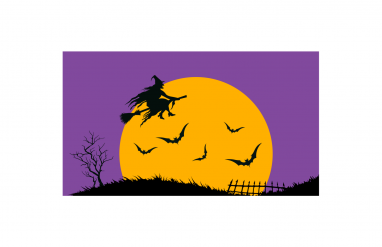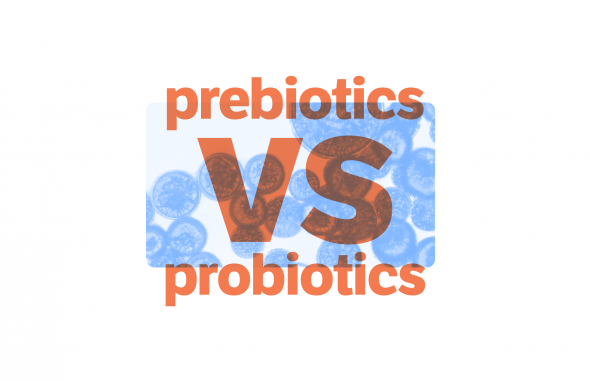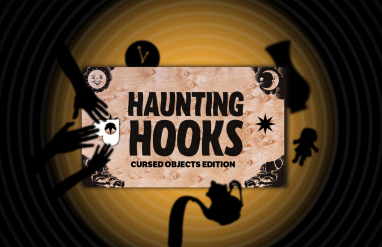The British and the Americans: two people, as it’s said, separated by a common language. And, yeah, that body of water called the Atlantic Ocean.
The linguistic divide between the Union Jack and the Stars and Stripes is particularly evident when it comes to slang. For instance, a fanny in American English is someone’s “backside” while in British English, fanny refers to a far more private part of a woman. This can lead to some hilarious misunderstandings—just try asking a Brit for a fanny pack. (Not that the British English equivalent, a bumbag, wouldn’t raise a few eyebrows in the US.)
In the interest of improving diplomatic relations, and avoiding awkward moments, we’ve put together a list of some slang terms from the United Kingdom. And, you might just get some extra mileage out of them, too, as many are also common in Ireland, Australia, and other places where English is spoken around the world.
A quick warning: there will some strong language and adult content ahead.
